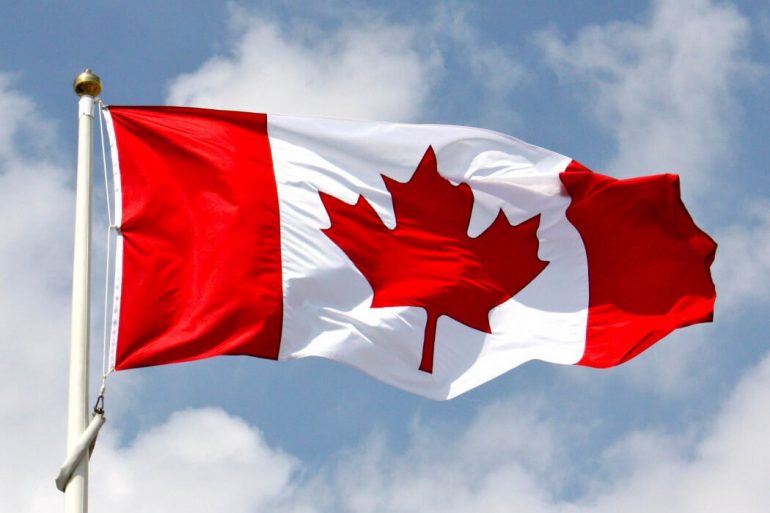The Minister of Immigration, Refugees, and Citizenship Canada (IRCC), Marc Miller, implemented changes to the Start-up Visa (SUV) program and Self-Employed Persons program on April 30, which will result in a drastic decrease in the number of foreign entrepreneurs applying to enter Canada.
IIRC announced it will now accept applications for no more than 10 startups per each of the 84 designated organizations composed of venture capital firms, angel investor groups, and business incubators. The government will also now prioritize applications from entrepreneurs whose startup is supported by Canadian capital or member incubators of Canada’s Tech Network, meaning applications from just under half of the designated organizations will not be prioritized.
With 84 designated organizations, this effectively means the government will accept no more than 840 applications. Last year, the federal government announced plans to scale up SUV application intake from 1,000 spots in 2022 to 3,500 in 2023, 5,000 in 2024, and 6,000 by 2025, according to the Toronto Star.
RELATED: Why is the Start-up Visa program struggling?
In addition, IRCC is fully pausing application intake for the arts, culture, and sport-focused Self-Employed Persons Program to focus on processing applications from a four-year backlog.
“Fast processing is critical to the success of entrepreneurs who come to Canada through our federal business programs,” Miller said in a statement. “These necessary changes will set the Startup Visa Program and Self-Employed Persons Program on the path to faster processing times while we look ahead to further reforms to make these programs more sustainable and effective over the long term.”
The SUV opens a path for entrepreneurs to become permanent residents in Canada if one of the designated organizations supports them. To qualify, applicants need to have received either an investment of at least $200,000 from one of the designated venture capital funds, $75,000 from a designated angel investor group, or acceptance into a designated business incubator.
The federal government claims about 900 entrepreneurs have become permanent residents through the SUV since it began piloting it in 2013, adding that number represents the launch of more than 300 startups.
RELATED: Impact of Canada’s H-1B visa talent grab may go well beyond 10,000 applicants
The program became a core part of Canada’s immigration policy in 2018, but has seen its fair share of criticism. In September, the Toronto Star reported that critics felt the program was being used as a “backdoor way into the country.”
Stein Monteiro, a Senior Research Associate for the CERC Migration Program at Toronto Metropolitan University, joined The BetaKit Podcast at the end of 2023 to discuss a report he drafted with PhD student Bradley Bernard in October. The report claims that the SUV is only half the size of its predecessor, the Federal Entrepreneurship Program, and comparatively falls short in job creation, global trade opportunities, and long-term business viability.
Last month, the CBC reported IRCC was looking to shrink temporary residents’ share of Canada’s population over the next three years, going from 6.2 percent of Canada’s population in 2023 to 5 percent by 2027.

